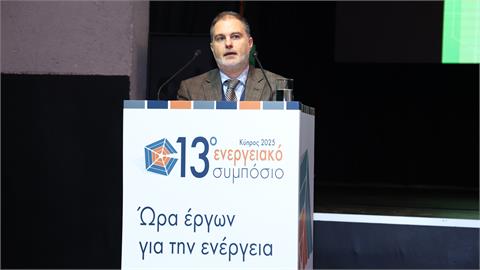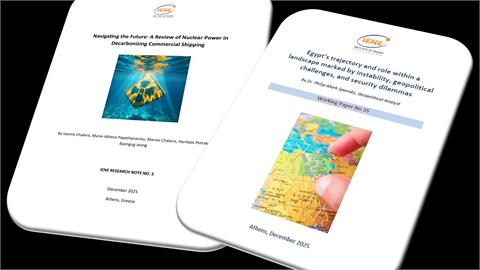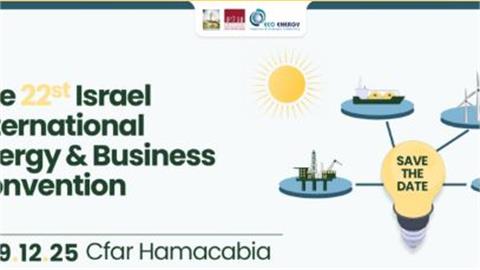Since 1972, when the UN first started the World Environment Day, - at a time when the UN Environment Programme (UNEP) was established based in Nairobi, Kenya-, to raise awareness of the problems and challenges faced by the natural environment from anthropogenic activities, the global community has been rather ineffective in adopting the best policies and actions that would prevent the observed climate change
Since 1972, when the UN first started the World Environment Day, - at a time when the UN Environment Programme (UNEP) was established based in Nairobi, Kenya-, to raise awareness of the problems and challenges faced by the natural environment from anthropogenic activities, the global community has been rather ineffective in adopting the best policies and actions that would prevent the observed climate change.
The transition towards a climate-neutral economy remains a major challenge and requires the adoption and implementation of innovative technologies as well as institutional interventions that will contribute to sustainable economic growth and are environmentally friendly. From the Kyoto Agreement in 1997 to the Paris Agreement in 2015, humanity has passed many key milestones and missed many opportunities to win the battle against climate change.
The key components of the so-called Energy Transition include taxing pollutants, ending fossil fuel subsidies, avoiding the construction of new coal plants and electrifying the economy through massive penetration of renewables, energy storage and green hydrogen systems.
Greece is a small but important link in this global "green" chain and is institutionally aligned with the front-loaded policies and plans of the European Union that set the framework for the transition to a climate-neutral economy by 2050.
From the very first moment of its foundation the Institute of Energy of South East Europe (IENE) has actively participated and supported all actions which aim towards an environment with lower or zero emissions, through the adoption of clean energy sources, innovation and new technologies.
To this end, it organizes on a regular basis conferences, workshops and Webinars with the participation of leading members of the academic community, senior business executives and experts with recognized work and experience.
At the same time, IENE strives to strengthen and enrich its research work, carrying out major studies which among others include the introduction of electromobility in Greece and SE Europe, the operation of the new electricity market in the region, which provides for the maximum penetration of RES into the grid, as well as the introduction of CCUS technologies to reduce industrial emissions. (Recently IENE completed an important study on the introduction of CCUS technologies in Greece with the support of major industrial companies) Also, the Institute's study work covers the greater use of energy saving systems and energy efficiency improvement, the further development of the natural gas market in SE Europe, through the creation of Gas Trading Hubs, and the introduction of electricity storage systems in island areas.
IENE supports the use of all available energy technologies and sources as an optimal solution that will enhance energy security in the wake of the great energy crisis of our time, without overlooking the need for decarbonization of the wider region and the parallel development of alternative energy sources, and highlights as a top issue in the ongoing public debate the need for a balanced energy policy. Furthermore, IENE supports the diversification of the energy mix, which will contribute, initially, to the reduction, and in the long run, to the zero carbon footprint of the planet.




